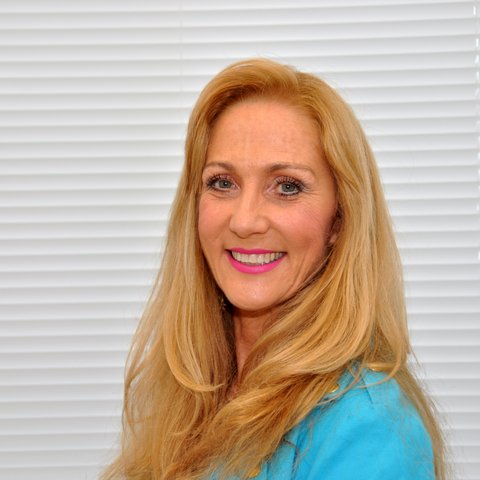 Athether Bios Clinic
Athether Bios Clinic
– Bridgeford’s Best Bites
Also known as Plantar Fasciopathy, Policeman’s Heal, Runner’s Heel; thickening of the plantar fascia, one of the most common causes of heel pain, estimated to affect 10% of general population. Thickening can be due to recent damage or injury, or an accumulation of smaller injuries over the years. It can be extremely painful and once chronic it can prove difficult to treat successfully. Other pathologic disorders can mimic the symptoms and clinical presentation of this disorder.
Anatomy:
The plantar fascia is the thick, broad band of connective tissue supporting the arch underneath the sole of the foot. Its elastic, collagen fibers run from the calcaneum (heel bone) forward to the heads of the metatarsal bones, which join the toes to the mid-foot. It has a critical role in normal mechanical function of the foot, undergoing tension during weight bearing and elongating in the contact phase of gait (walking). It is closely related to the achilles tendon, which joins the gastrocnemius (calf) muscle to the heel and is important in proprioception and motor co-ordination.
Symptoms:
Pain in the bottom of the foot, especially on the heel bone. It is generally worse first thing in the morning, when standing up after long sitting and when standing or walking, particularly in unsupportive shoes.
Causes:
Repetitive strain on the fascia from a new form of exercise or sudden increase in intensity of exercise, especially high impact; long distance runners using tartan (synthetic all weather) track more than 25% of the time; regularly standing for several hours; a change in shoes, i.e. suddenly switching from regular high-heels to flats; wearing shoes with weak arch supports and thin soles. Having flat feet or very high arches, uneven leg length, unusual foot position or tight achilles tendon; being overweight. Medical conditions such as systemic lupus erythematosus or rheumatoid arthritis.
Diagnosis:
Based on medical history, symptoms, examination and pressing on the sole of the foot. Shear wave elastography shows (stiffness) elasticity of the plantar fascia, which decreases with age (thickness increases) and in patients with plantar fasciitis.
Gluten Sensitivity: musculoskeletal problems can be related.
Treatment:
Medical interventions include anti-inflammatory pain medication, ultrasound, steroid injections and surgery after 6 months of failed conservative treatments. Orthotics (insoles), stretching, taping, dry needling based on myofascial meridians and manual therapy are also helpful.
Injections: Corticosteroid more effective when guided by ultrasound than palpation; associated with increased risk of plantar fascia rupture; needs further research. Platelet-rich plasma more effective and durable than cortisone in chronic recalcitrant cases. Intramuscular botulinum toxin (Botox) in gastroc-soleus (calf) muscles with plantar fascia stretching exercises better than corticosteroid. Hyaluronan into fascia, due to its high concentration of hyaluronan.
Cryoultrasound Therapy: could be efficient for chronic cases.
Shock Wave Therapy: safe, effective treatment for plantar fasciitis and chronic pain symptoms. More effective when combined for plantar fasciitis and gastroc-soleus (calf muscle) trigger points; more research needed.
Radiofrequency: into plantar fascia during endoscopy can be satisfactory treatment. Radiofrequency calcaneal nerve ablation was effective for chronic pain associated with plantar fasciitis that did not respond to other conservative treatment.
Surgery: fasciotomy (percutaneous latticed plantar) minimally invasive clinic procedure under local anaesthetic. Isolated proximal medial gastrocnemius (calf muscle) release is a simple, reliable procedure, providing far better results than conventional partial proximal fasciotomy).
Osteopathic/Manual Management: Adjusting feet and ankle bones, soft tissue and myofascial techniques, stretching, dry needling, taping, orthotics, home rehabilitation exercises; attention to back and neck due to effects of long term limping.
We are happy to advise you on your health matters and offer a free 15 minute joint and spinal check, without obligation.
Lin Bridgeford DO KFRP MICAK MICRA FSCCO MSc
Registered Osteopath & Kinesiologist & Yoga Teacher
Aether Bios Clinic – Saltdean
Tel 01273 309557
Mobile: 07710 227038
